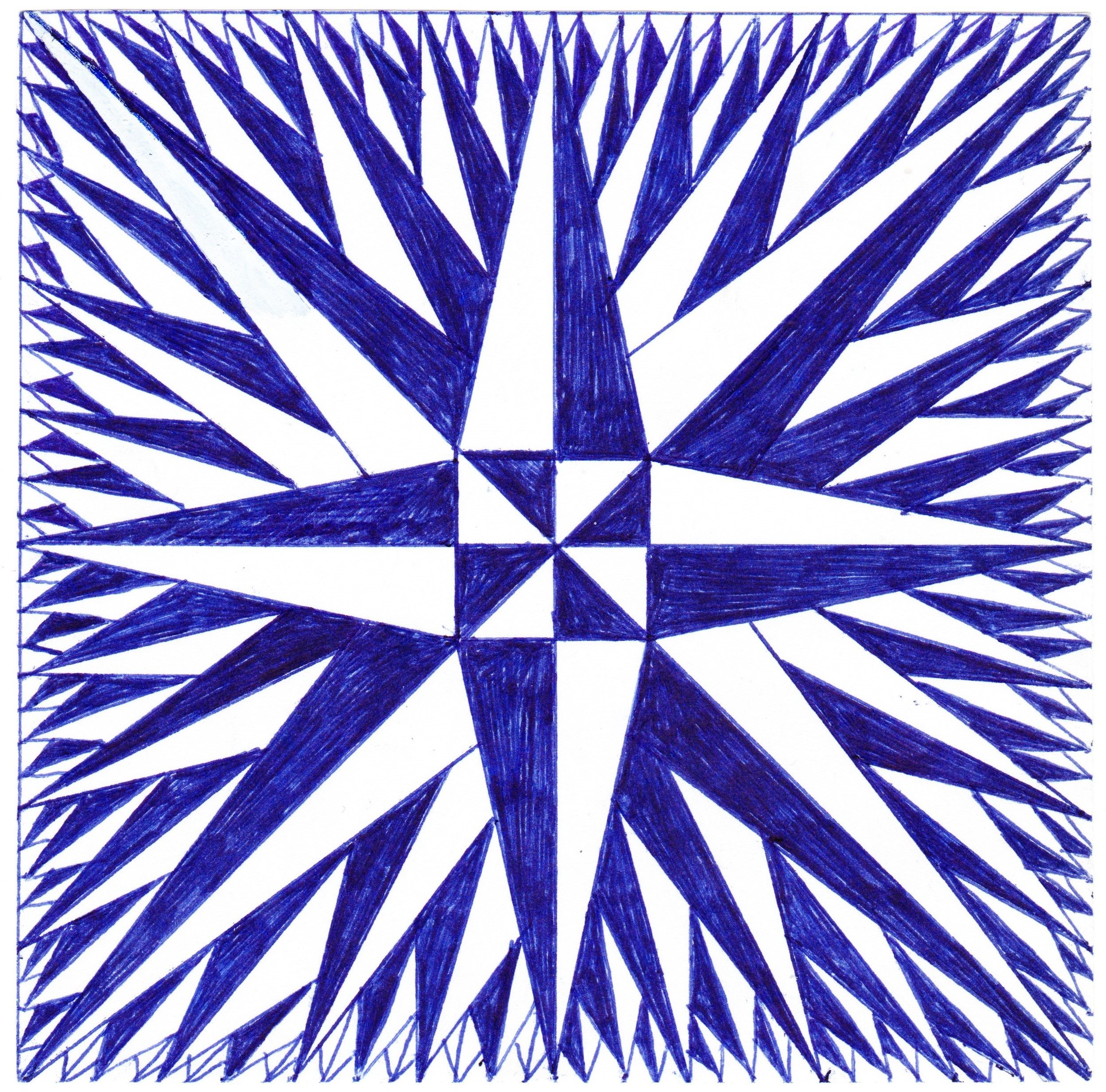(Adapted from the work of The Rev. Jennifer Nichols)

The Prompt:
As a personal experiment, design and observe your own Shabbat or Day of Rest:
1. Think about what would constitute a challenging, and yet realistic, Shabbat day. Could you plan ahead in order to spend a whole day without doing work? If that is too difficult, is there some other way you could mark this day as special? Could you spend a day away from electronic devices? Could you spend a day in a natural setting? Could you devote a day to another person, such as a grandparent or sibling? Is there a religious service or practice you would like to attend? (e.g., church, synagogue, temple, yoga class).
2. In your journal, write down the rules of your Shabbat. What is the time frame? (e.g., twenty-four hours, sunrise to sunset, or after sundown). What are you allowed to do? What are you not allowed to do? What are you encouraged to do?
3. Observe your day of Shabbat.
4. Wait until the day after the experience and then write about it. Describe what you did and why you did it. Did your Shabbat meet your expectations? What did you observe? What did you learn? What would your life be like if you forced yourself to disengage from your everyday responsibilities and concerns occasionally or regularly? How would it change your view of yourself and your life? Why do you think such a practice has endured for so long?
The Context:
“The heaven and the earth were finished, and all their array. On the seventh day God finished the work that He had been doing, and he ceased on the seventh day from all the work that He had done. And God blessed the seventh day and declared it holy, because on it God ceased from all the work of creation that He had done.” –Genesis
It is safe to say that, at least until very recently, the vast majority of Jews and Christians have observed what is called a Shabbat or “Sabbath” day each week. This practice is rooted in one of the creation stories or “cosmogonies” in Genesis, the first book of both the Jewish Torah and Christian Bible. In the first creation story, God creates the cosmos in six days and then rests on the seventh. This day of rest has been seen as holy, and has been observed in various ways by different groups. Whatever the details of the Shabbat—whether it is observed on Saturday or Sunday, whether it is marked by worship, or study, or by refraining from work—it has been a fixture in the rhythm of the calendar for centuries in these cultures. In the last few decades, this practice has become less prominent, as stores and businesses have begun to stay open on weekends and even on holidays. However, there has been a recent resurgence in the idea of observing some kind of a special day each week, coming from religious and secular sources alike. After this exercise, I am sure you can imagine some of the personal, family, communal, and spiritual benefits it can have. (See William Powers’ Hamlet’s Blackberry, Walter Brueggemann’s Sabbath as Resistance: Saying No to the Culture of Now, Thich Nhat Hanh’s Present Moment Wonderful Moment, or www.sabbathmanifesto.org, for examples.)
